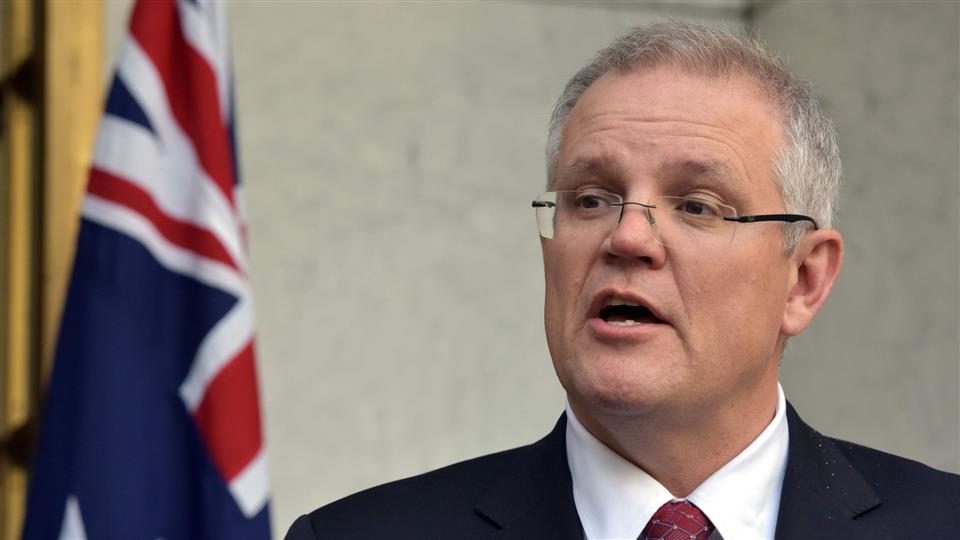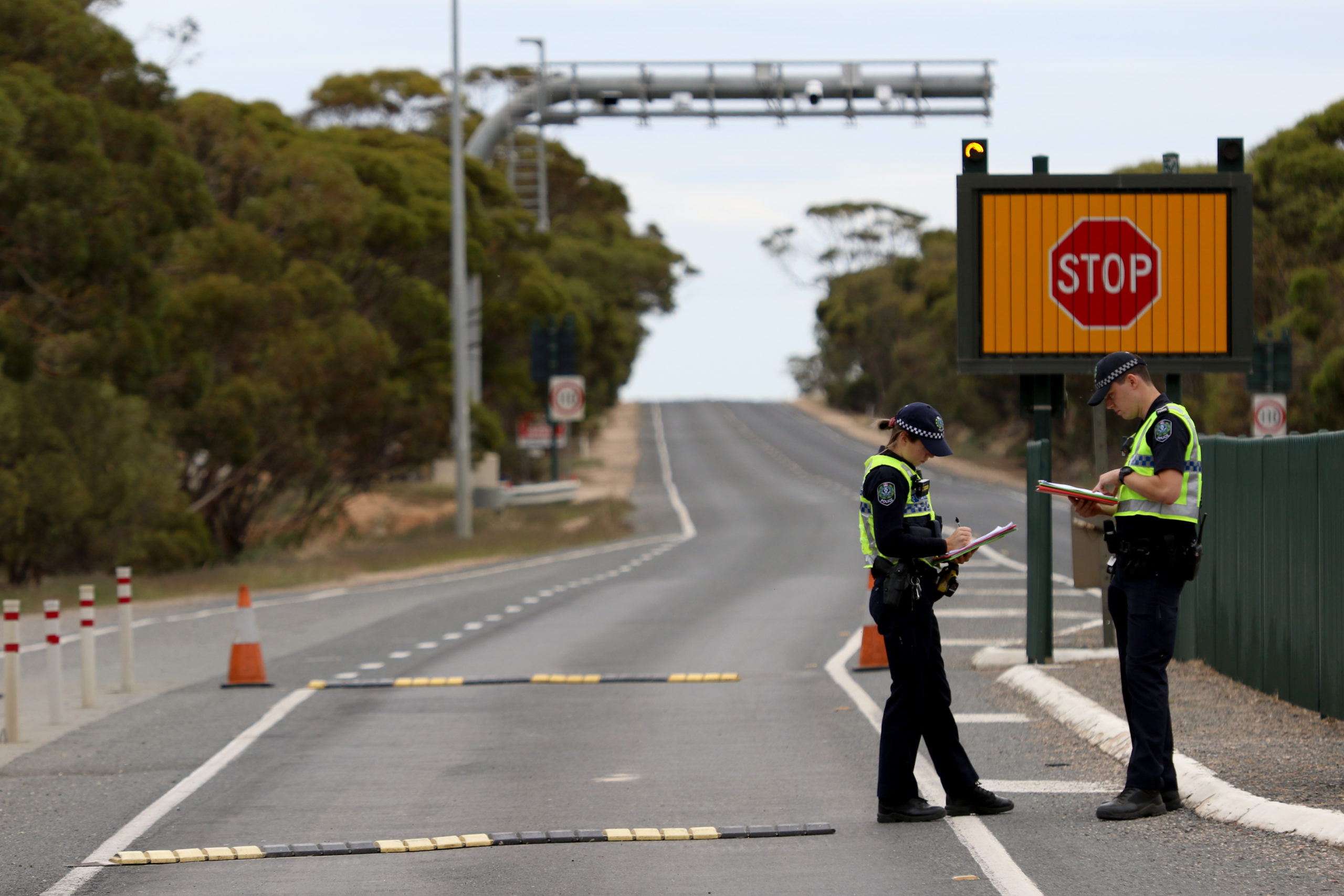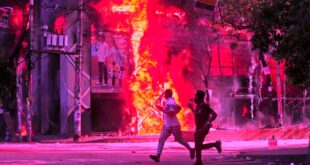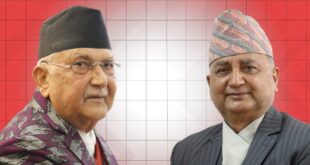Special Desk
As Australia battles a second wave of the infection spree it has been decided to keep borders at the remote Northern Territory (NT) closed to the corona virus-affected states approximately for the next couple of months.
In an official communique, Prime Minister Scott Morrison has said interstate travel restrictions will likely persist until Christmas.
Australia is battling a second wave in its south-east, with about 8,000 active cases in Melbourne and smaller clusters in Sydney. But elsewhere around the country, the virus has effectively been eliminated.
Last week, Queensland re-closed its borders to New South Wales – which includes Sydney – and the Australian Capital Territory. Officials in the sparsely-populated NT, which hasn’t had an infection since May, said an “18-month window” barring visitors from virus hotspots was just a “conservative” forecast.

People from those hotspots can still enter the territory but must complete a mandatory 14-day hotel quarantine at their own cost, which has been an effective deterrent.
Also Read : Deaths cross 45,000 mark, active COVID-19 cases at 6.39 lakh
Also Read : Australia records deadliest 24-hours since the pandemic started
Chief Minister Michael Gunner said he was determined to prevent spread from the Victoria – of which Melbourne is capital – and New South Wales. Borders have been open to other states’ residents since 17 July.

“We have got an indefinite ban on Victoria, and Sydney keeps bubbling away to a point so I can’t give you a date where that would ever lift,” said Chief Minister Michael Gunner. New South Wales reported 22 new cases on Tuesday – its highest in months – prompting officials to say the state was a on a “knife edge” with a new school cluster.
Meanwhile Victoria reported 331 new cases and another 19 deaths – equalling the record death toll reported on Monday which was Australia’s deadliest day of the pandemic so far.
The outbreak is suspected to have begun with breaches in hotel quarantine of infected travellers returning from overseas.
 Jubilee Post News & Views
Jubilee Post News & Views





